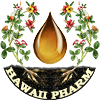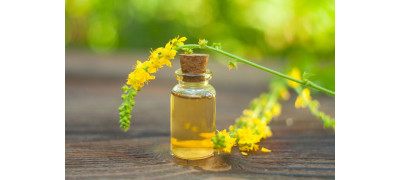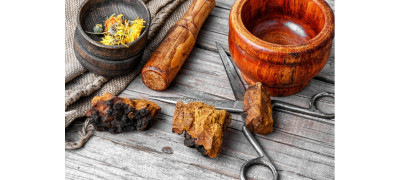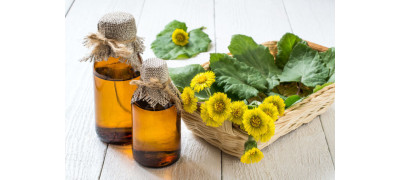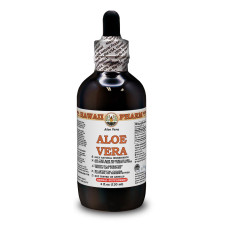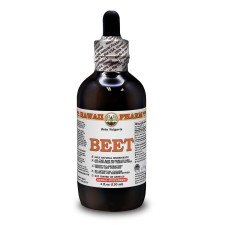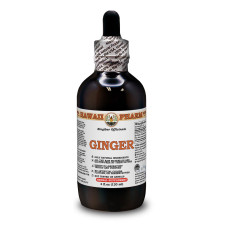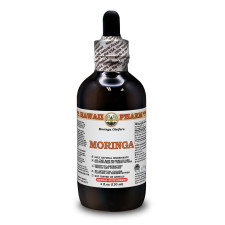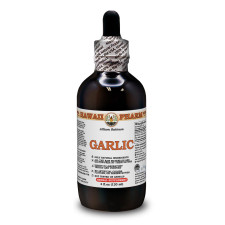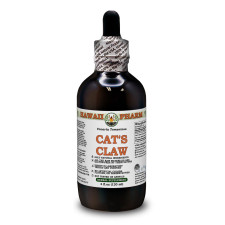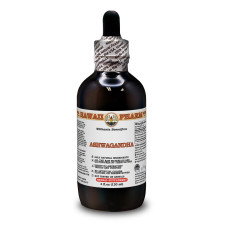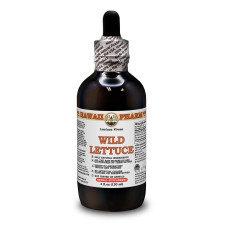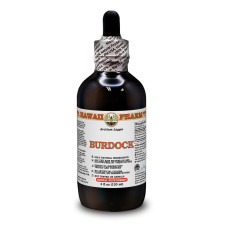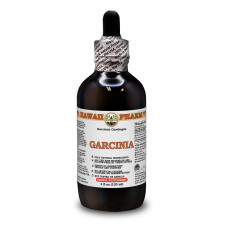- Home
- Alcohol Herbal Extracts
- Alcohol-FREE Herbal Extracts
- Veterinary Herbal Extracts
- Partnership
Partnership
We are open for cooperation with all interested persons or organizations. We have plenty of partners from all around the world and are looking for a long-term cooperation with new ones. At the present time we offer the following cooperation models:

WHOLESALER
We offer up to 30% discounts for wholesalers. The exact discount amount is dependent on your order amount, quantity and size of items. Minimum order amount is $300.

PRACTITIONER
Only for licensed practitioners! Create an account as practitioner and get special exclusive promotions. This kind of account is required manual approve.

AFFILIATE PROGRAM
Do you recommend us to your friends, family, colleagues and/or clients? If so: Thanks! We really appreciate it! Join our affiliate program. It’s by far the best way to monetize your Twitter or Facebook page, blog, or website.
- Blog
- Contact Us
-848x565.jpeg)
FRANKINCENSE: THE AROMATIC RESIN WITH TIMELESS APPEAL
Frankincense, derived from the Boswellia serrata tree, is a fragrant resin with a rich history of use in various cultures and for multiple purposes. This aromatic substance has been valued for its unique botanical characteristics, chemical composition, and an array of general health benefits that extend beyond treating illnesses and diseases. In this article, we explore the fascinating world of frankincense and its multifaceted properties.
Botanical Characteristics:
Boswellia serrata is a small to medium-sized deciduous tree native to India and other parts of the Arabian Peninsula. It belongs to the Burseraceae family and is renowned for its ability to produce frankincense resin. The tree typically reaches heights of 4 to 5 meters and features pinnate leaves with serrated edges. Its fragrant, tear-shaped resin is obtained by making incisions in the bark, allowing the resin to ooze out and harden upon exposure to air.
Chemical Composition:
Frankincense owes its unique properties to its complex chemical composition. The resin contains a diverse array of compounds, including boswellic acids, essential oils, terpenoids, and other phytochemicals. These components contribute to its distinct aroma and therapeutic effects.
Historical Facts:
Frankincense holds a cherished place in history, dating back thousands of years. It has been mentioned in various ancient texts, including religious scriptures like the Bible, where it was one of the gifts of the Magi to the infant Jesus. In ancient Egypt, it was used in religious ceremonies and cosmetics, while in Ayurvedic medicine, it was employed for its healing properties. Frankincense trade routes were established, connecting the Arabian Peninsula to Europe and Asia, making it a highly sought-after commodity.
General Health Benefits:
Aromatherapy: The pleasing aroma of frankincense has made it a popular choice for aromatherapy. Inhaling its scent is believed to reduce stress, anxiety, and promote relaxation.
Anti-inflammatory Properties: Boswellic acids found in frankincense have potent anti-inflammatory effects.
Skin Health: Frankincense has been used in skincare for its ability to rejuvenate the skin.
Respiratory Health: Inhaling frankincense vapor or using it in a diffuser can ease respiratory issues.
Oral Health: Frankincense extracts have been included in some oral care products for their potential to combat bad breath and support gum health.
Indications for Use:
While frankincense has a wide range of applications, it's important to note that it is not a substitute for medical treatment. Here are some indications for its use:
Aromatherapy: Add a few drops of frankincense essential oil to a diffuser or warm water and inhale the vapor for relaxation and stress relief.
Topical Application: Dilute frankincense essential oil in a carrier oil and apply it to the skin for skin health benefits or to soothe sore muscles and joints.
Inhalation: Inhale the vapor of frankincense resin by burning it on a charcoal disk or using an electric incense burner for respiratory support.
Oral Care: Look for natural toothpaste or mouthwash products containing frankincense extracts for oral health.
Conclusion:
Frankincense, with its captivating history, distinct aroma, and multifaceted health benefits, continues to be a cherished natural substance with a wide range of applications. Whether used in aromatherapy, skincare, or for its anti-inflammatory properties, frankincense's enduring appeal is a testament to its timeless significance in the world of botanical remedies. However, it is essential to use frankincense responsibly and consult with a healthcare professional for specific health concerns.
AGRIMONY: HERBAL MARVEL WITH TIMELESS BENEFITS
Agrimony (Agrimonia eupatoria) is a versatile herb that has been cherished for its myriad of uses throughout history. This unassuming plant, characterized by its slender stalks adorned with clusters o..
CHAGA: A GIFT FROM GOD
Chaga is a parasitic fungus, which is a hard large gnarl on birch trunks. This mushroom is of oval or round shape and can have the size of 40–50 cm in diameter and can weigh from 1 to 6 kg. The fungus..
CRANBERRY SECRETS
Fresh and juicy berries hanging from a branch… Almost all of us look forward to summer in order to enjoy these natural and tasty treats. But most berries are not only delicious but also nutritious and..
COLTSFOOT FACTS
Coltsfoot, or Tussilago farfara, is a perennial herbaceous plant that belongs to the Asteraceae family. This wild plant is quite unusual because the flowers blossom and die before the leaves appear. T..
Get exclusive deals you will not find anywhere else straight to your inbox!
Subscribe / UnsubscribeCookies policy
 We use cookies and similar technologies that are necessary to operate the website.
You can consent to our use of cookies by clicking "Accept..."
We use cookies and similar technologies that are necessary to operate the website.
You can consent to our use of cookies by clicking "Accept..."
Get exclusive deals you will not find anywhere else straight to your inbox!
Subscribe / UnsubscribeWe meticulously produce our extracts according to precise standards where each herb is extracted according to the distinct characteristic of each plant! Hawaii Pharm LLC offers the biggest choice of liquid herbal extracts in the World!

Hawaii Pharm LLC - Nature Heals. Highest Quality Herbal Products Since 2008.


